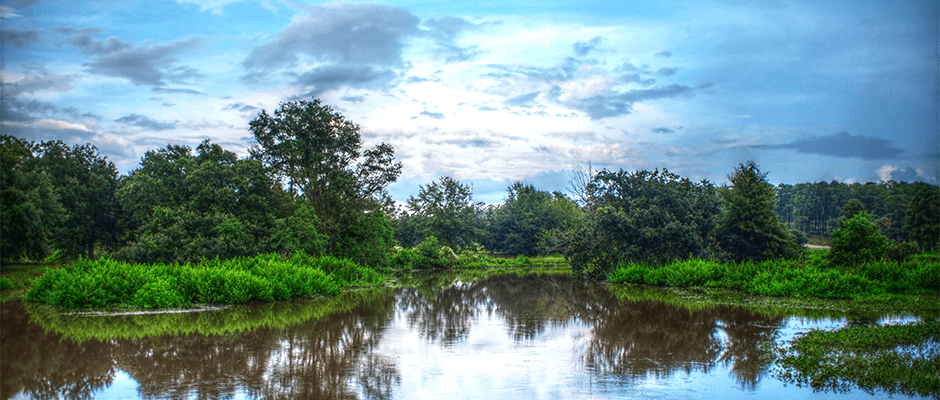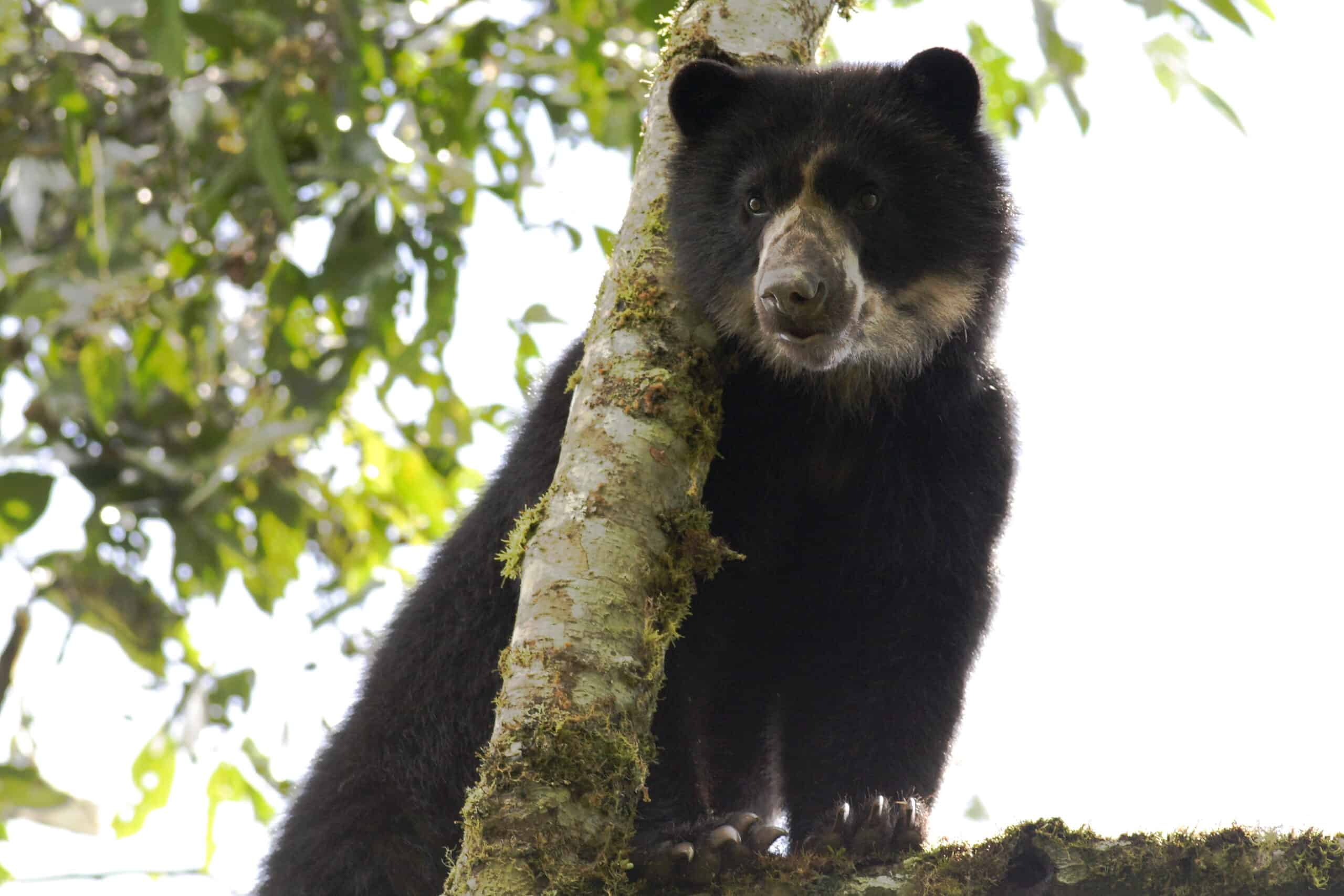Share this article
States file suit over new critical habitat rules
On Nov. 29, a group of 18 states filed a lawsuit in opposition to changes made this year to how critical habitat can be designated for federally threatened and endangered wildlife.
The states called on the court to vacate two recently published rules and prevent the U.S. Fish and Wildlife Service and the National Marine Fisheries Service from enforcing them. The rules in question, published in February, changed the regulations for defining critical habitat for species listed on the Endangered Species Act and revised the description of “destruction” and “adverse modification” of critical habitat.
Of particular concern to those states filing suit was a change in critical habitat designation regulations which allows USFWS and NMFS to designate habitat as critical even if that habitat is currently unoccupied by the species in question. Before the rule change, unoccupied habitat could be designated only if the present range of the focal species was found to be inadequate to conserve the species. Under the February rule change, that provision no longer applies; occupied and unoccupied habitat can be considered simultaneously when making a critical habitat designation.
The states express concerns that this provides the federal government “virtually unlimited power” to designate areas as critical habitat for listed species, since both occupied and unoccupied habitat can be designated. The lawsuit alleges that the rules illegally expand federal authority over state land and waters in violation of the ESA and the Administrative Procedures Act, and therefore calls to have the rules vacated.
Rather than expanding the authority of USFWS and other agencies, the new rules better reflect the work USFWS has already been doing in recent years, according to the agency. “Allegations of greatly expanded authority and political intent are unfortunate and without merit,” a USFWS employee said in a statement. “One need only look at our recent designations to see that.”
The Wildlife Society provided comments on the above rules prior to their publication, generally approving of changes regarding designation of unoccupied habitat. TWS suggested that the rule more explicitly reflect the purpose behind designation of unoccupied habitat, including “anticipated changes from climate change, habitat management regime changes, restoration efforts, or other forecasted changes to the landscape.”
This is not the first time a case like this has been seen in court. USFWS was recently sued over the designation of unoccupied habitat on private land as critical for the endangered dusky gopher frog – a move some called an “illegal land grab.” In June, an appeals court upheld a rule in favor of USFWS’ designation. A group of private landowners and several states petitioned for a rehearing shortly after.
The lawsuit over changes to critical habitat designation was filed in the U.S. District Court for the Southern District of Alabama. The states filing suit are Alabama, Arkansas, Alaska, Arizona, Colorado, Kansas, Louisiana, Michigan, Montana, Nebraska, New Mexico, Nevada, North Dakota, South Carolina, Texas, West Virginia, Wisconsin, and Wyoming.
Header Image: Joseph N Langan Park, Mobile, Alabama. ©Pat David








